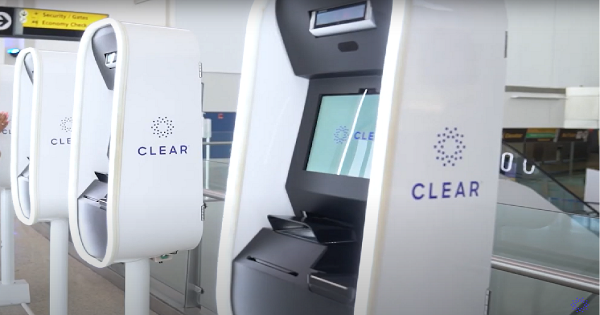Governments want their citizens to be as miserable as possible when having their passport picture taken.
But new research suggests “not smiling” for passport photos could impair rather than improve matching accuracy.
Research funded by the Economic and Social Research Council (ESRC) and performed by Dr Rob Jenkins and his team at the University of Glasgow shows that an image of a person may look different from one image to the next. The researchers said that whilst we are told not to smile in our passport photos, as a smile distorts the face, the opposite may actually be true, and a poker face may be the one which distorts normal facial features.
Dr Jenkins took a sample of photos from the internet to show the wide range of differing images of one person. In a series of experiments, viewers unfamiliar with the subject of the photograph believed that the photos they were viewing were of different people – when in fact they were simply different presentations of the same person.
By contrast, viewers who were familiar with the subject of the photograph found it much easier to identify the person across the different images. Familiarity was key, particularly where the range of images formed a collection of both good and bad likenesses.
Further experiments looked at the perceived attractiveness of an image. They showed that variability within a person was greater than the variability between people when it came to deeming a face attractive. The experiments showed that faces and facial photographs cannot be considered to be representative of each other. Facial recognition must start to consider not only how to tell people apart, but also how to spot the similarities.
Dr Jenkins stated: “The sheer variation in photos of an individual’s face did bring us up short. Previous research on identification has focused on differences between faces. Now it turns out that differences within faces are just as large. Therefore in this study we have discovered a new dimension to the field of face recognition.”
The University of Glasgow is the fourth-oldest university in the English-speaking world and one of Scotland’s four ancient universities. The university was founded in 1451 and is presently one of nineteen British higher education institutions ranked amongst the top 100 of the world.
John Ball, the Editor of PassengerSelfService.com has a BSc in Mathematics and Computer Science from The University of Glasgow.







